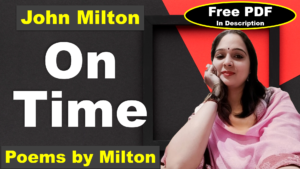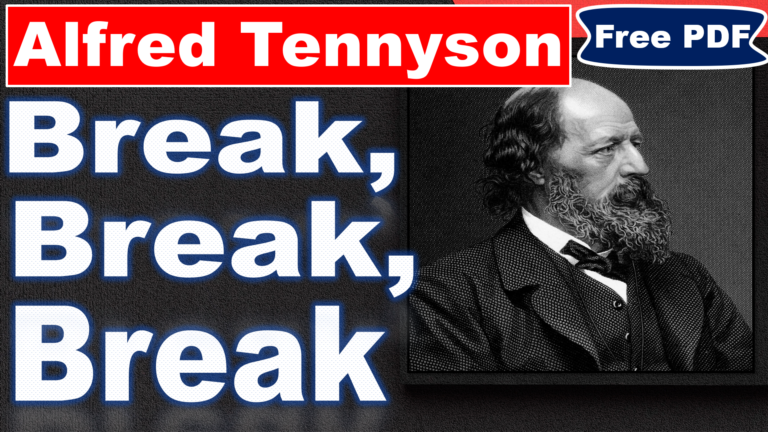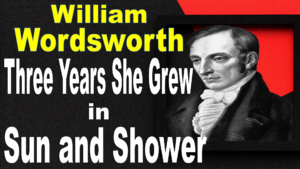The Deserted Village Summary
Summary
The Deserted Village by Oliver Goldsmith was published in 1770. The poem was released during a time when England was undergoing significant economic and social changes, including the enclosure movement, which inspired much of the poem’s critical reflection on rural life and the displacement of communities. The work quickly became popular, resonating with readers who were familiar with the changes and challenges faced by rural society during the late 18th century.
“The Deserted Village” by Oliver Goldsmith is a pastoral elegy lamenting the decline of rural life and the social changes brought by economic development. The poem reflects on the loss of a once-thriving village, named “Sweet Auburn,” which has fallen into desolation due to the encroachment of wealth, power, and luxury. Goldsmith portrays Auburn as an idyllic community with simple pleasures and virtues, now devastated by economic exploitation and the displacement of its inhabitants.
Goldsmith contrasts the joys of rural simplicity, with wholesome sports, shared community life, and deep-rooted happiness, against the greed-driven destruction caused by wealth and power. The poem underscores the theme that wealth accumulation by a few leads to social decay and widespread human suffering.
Through vivid imagery and nostalgic reminiscence, Goldsmith laments the transformation of a lively village into a ghostly, desolate place where the natural beauty and sense of community have vanished. He criticizes the growing disparity between the rich and poor and the resulting decline of a contented, agrarian lifestyle.
The poem also touches on the broader societal implications of these changes—highlighting that once a community loses its connection to the land, it loses its essence and becomes irreversibly altered. Goldsmith’s portrayal of “Sweet Auburn” serves as a universal metaphor for rural communities facing similar fate.










